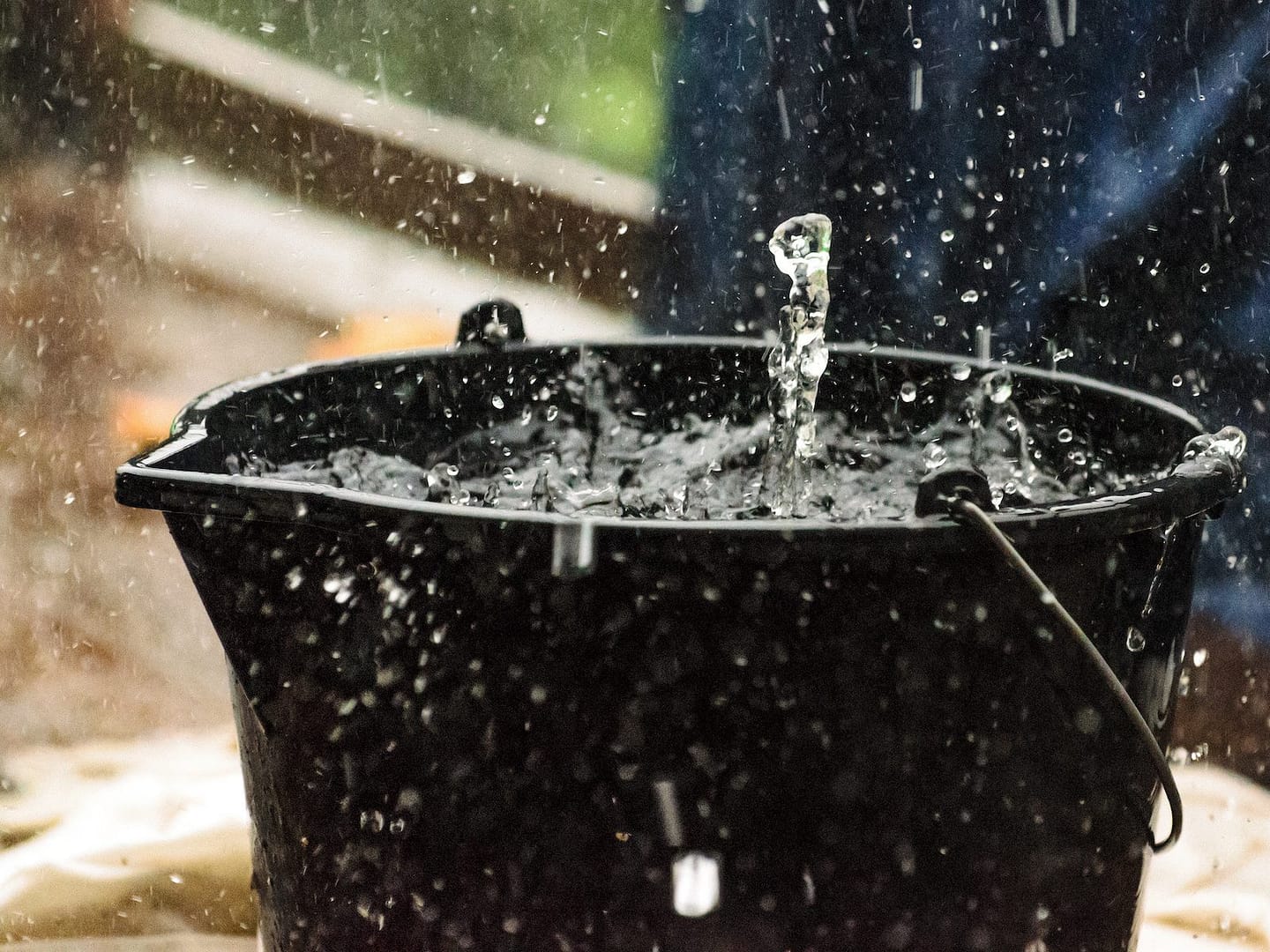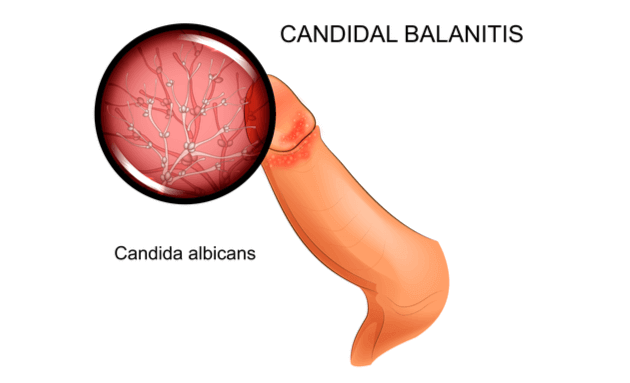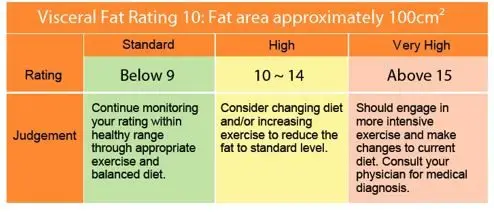Is Rainwater Safe to Drink?
Among the many questions that people often have about rainwater is whether or not it is safe to drink. The answer may depend on a number of factors, including where the rain is falling and what type of contaminants are present. However, there are some general guidelines that can help you make a more informed decision.
One of the best ways to determine if rain water is safe to drink is to perform a test. Rainwater is composed of various microscopic ingredients, and some of these ingredients can have serious implications for your health. These microscopic ingredients include viruses, bacteria, parasites, and chemicals. Having a good water filter is a great way to remove these contaminants from your drinking water. It may also be necessary to boil the water to make it safer to drink.
If you do decide to drink rainwater, be sure to drink only the cleanest water. This will prevent you from getting sick from drinking water that is polluted. In fact, the Center for Disease Control recommends that you check the air quality before drinking rainwater. This is especially important if you live in a heavily polluted area.
Using a purification system to purify your rain water is a good way to make sure that the water you drink is clean and free of contaminants. Many different sizes of purification systems are available today. These include small pitchers that have individual purification systems and larger, full-sized refrigerator-based systems. In addition, there are smaller options for those who have limited space.
Although many people consider rainwater to be the purest form of water, it is actually not all that pure. In fact, it contains a lot of contaminants, most of which are the microscopic type. While the water itself is not dangerous to drink, it can be contaminated by dust, debris, and other impurities. It can also be contaminated by the container in which it is stored. The container can be dirty, and you may have to disinfect the rainwater before drinking it.
Other ways to purify rainwater are by boiling it or using chemicals. This can remove most impurities, but it does not mean that rainwater is always safe to drink. It can also be contaminated by dirt and dust, and the container itself may be contaminated with bird poop and other debris.
Another way to purify rain water is to use ultraviolet light. These devices are available for small and large businesses and can be found at home improvement stores. These devices use ultraviolet light to kill bacteria and other impurities in the water. Lastly, a small, portable metal water bottle can also be used to purify rainwater.
Whether you choose to drink rainwater or not, it is important to learn all you can about it. You should also be sure to follow the instructions on the bottle and replace the filter as needed. Using rainwater for your drinking water can be a safe and natural way to drink water. However, it is important to remember that it may not be the best option for you.







